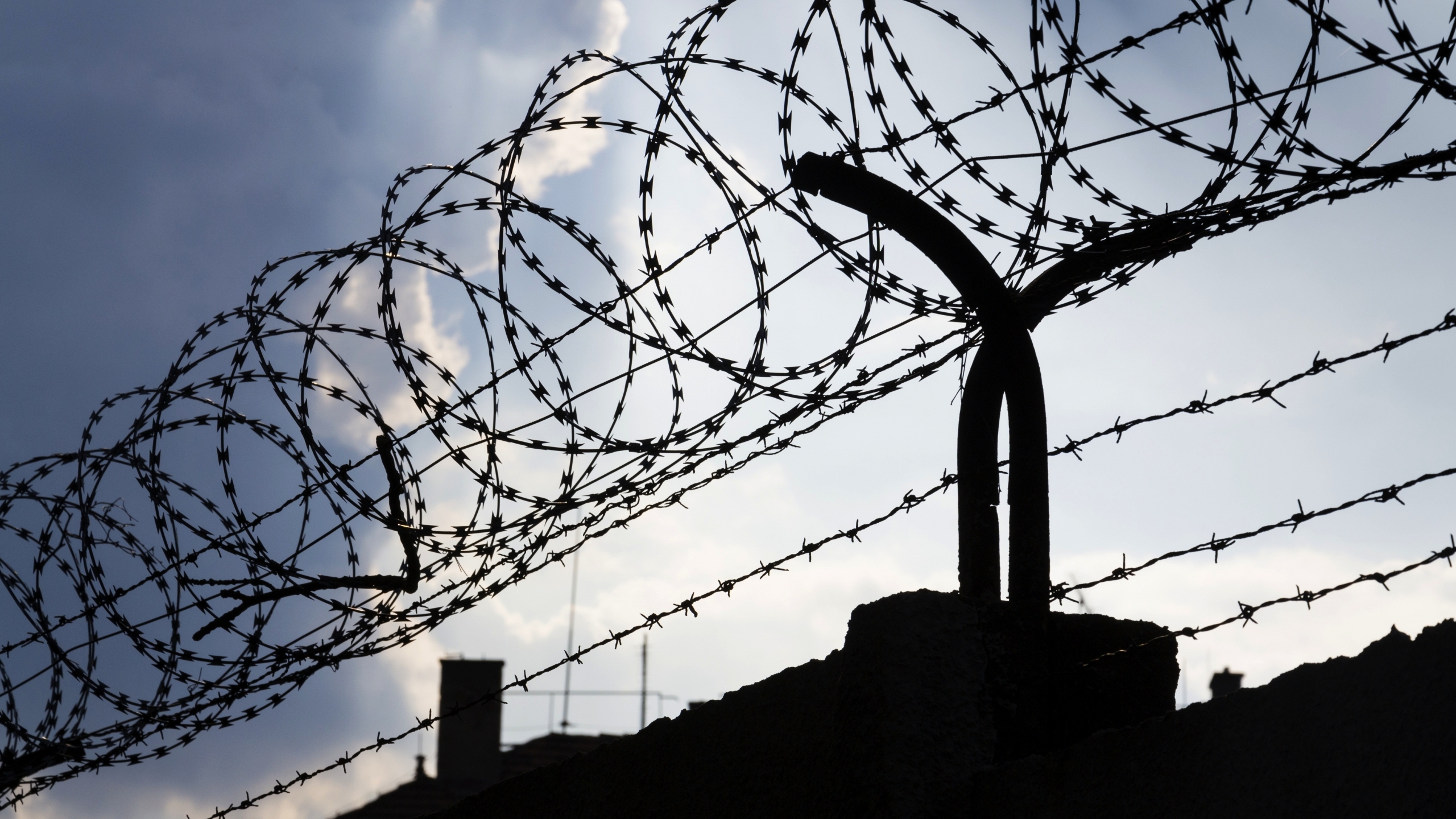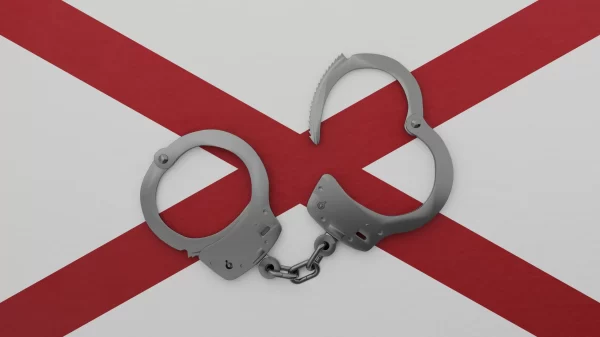An Alabama nonprofit that advocates for the incarcerated and recently released has asked the federal government to allow federal COVID-19 aid to be used to aid their reentry, invest in drug courts and diversion programs and relieve court-imposed fines and fees.
“We know 7,000 to 8,000 people leave the prison system each year and return to communities and neighborhoods across the state,” said Carla Crowder, Alabama Appleseed’s executive director.
“As the Alabama Department of Corrections has acknowledged, educational and rehabilitative programs within the prison system declined during COVID. We know that Alabama households and businesses would benefit from directing these funds toward job-training and placement, housing, and other supports so that returning citizens are able to rejoin the workforce.”
In a letter to the U.S. Treasury, the nonprofit asked the federal government that the funds also be used toward job training and placement, housing and other supports “so that returning citizens are able to rejoin the workforce.”
The group also noted in the letter that Alabama’s prison population is 54 percent Black, while Black Alabamians make up just 26 percent of the state’s population.
“Investing in re-entry in an investment in equity, as the majority of returning citizens are Black Alabamians,” the letter reads.
Alabama Department of Corrections Commissioner Jeff Dunn made a similar argument in a separate letter to the U.S. Treasury asking that the funds also be used for the state’s prisons to “better, enhanced, and/or extended infrastructure,” first reported by The Montgomery Advertiser.
“Over half of the in-house population are persons of color,” Dunn wrote in the letter, also arguing that the average age of Alabama’s prisons is more than 43 years old, and most are overpopulated.
Alabama lawmakers have discussed whether federal COVID-19 aid could be used to build new prisons. Gov. Kay Ivey’s plan to lease new prisons from a private prison company fell through when that company, CoreCivic, was unable to secure financing.
Rather than build new prisons, Alabama Appleseed’s request is that the money be spent in part to help prevent people from becoming incarcerated in state prisons, where COVID-19 disproportionately impacted the incarcerated because of the prisons’ violence, poor sanitation, lack of adequate medical and mental health care and little support upon release, the nonprofit wrote in the letter.
The group also noted the U.S. Justice Department lawsuit against the Alabama prison system for what the federal government says are Eighth Amendment violations of male prisoners’ rights to protection from violence, death, abuse from guards and poor sanitary conditions.
COVID-19 also reduced “threadbare educational and rehabilitative programs available within the prison system and ended family visits – a lifeline of support for incarcerated people,” the letter reads.
“Simply put, an already unconstitutional prison system, according to the Department of Justice, was unable to respond to the needs of more than 25,000 Alabamians during COVID,” the letter states.



















































